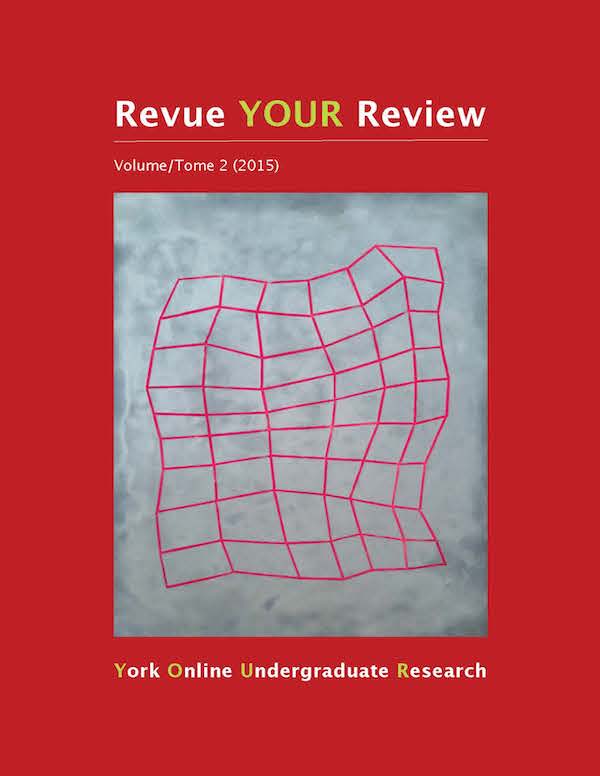Overqualified or Underwanted? A Critical Examination of Skilled Immigrant Deskilling Among Racialized Immigrants in Toronto and Vancouver
Abstract
Recent research on immigrant employment and integration into Canadian society reveals that although economic integration of immigrants has always been held as the key to successful settlement, a gap exists between immigrant skill sets and their employment realities once in Canada. Economic class immigrants chosen from the Federal Skilled Workers Programs are identified as the most likely to succeed since they have been evaluated according to human capital discourses. How do they fare once admitted? This paper explores the social issue of skilled immigrants’ barriers upon entering the Canadian labour market and how a racialized labour force has been constructed and perpetuated. Particular focus is on the requirement of “Canadian experience,” as foreign work and education experiences has been devalued, leading to immigrant deskilling in the workforce. This paper reviewed literature which focuses on racialized skilled immigrants’ structural barriers when finding employment, and it is argued by the researchers that deskilling is one of the ways in which Canada, while maintaining multiculturalism on the surface, goes on to perpetuate a racist status quo in which immigrants are trapped in the bottom of a two-tier labour system. For possible solutions, the paper links the issue of skilled immigrant employment with anti-oppressive social work practices when engaging with immigrant communities. The incorporation of anti-oppressive practices when working with racialized skilled immigrant populations can allow change to happen at macro and micro levels, through identifying barriers as systemic and socially constructed.
Downloads
How to Cite
Issue
Section
License
Authors contributing to Revue YOUR Review agree to release their articles under one of three Creative Commons licenses: Creative Commons Attribution 4.0 International; Creative Commons Attribution-NonCommercial 4.0 International; or Creative Commons Attribution-NoDerivatives 4.0 International. All editorial content, posters, and abstracts on this site are licensed under Creative Commons Attribution-NoDerivatives 4.0 International. For further information about each license, see:
https://creativecommons.org/licenses/
In all cases, authors retain copyright of their work and grant the e-journal right of first publication. Authors are able to enter into other contractual arrangements for the non-exclusive distribution of the e-journal's published version of the article (e.g., post it to an institutional repository or publish it in a book or in another journal), with an acknowledgement of its initial publication in this e-journal.


